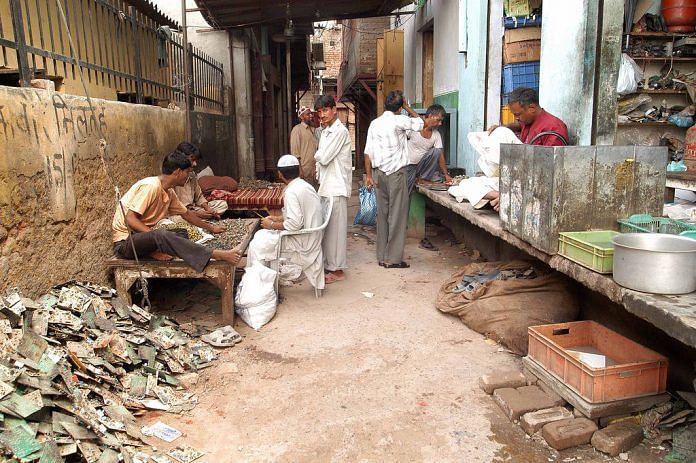Exactly a year ago, Prime Minister Narendra Modi announced an ambitious but enormously disruptive decision to invalidate Rs 1000 and Rs 500 notes, ostensibly to combat corruption, counterfeiting and terror funding. Demonetisation triggered public panic, slowed manufacturing, sent workers home and affected economic growth.
The RBI said in August that 99 per cent of the cash was returned. But the move forced citizens to adopt digitisation at an unprecedented pace, in a country where 80 per cent of transactions were conducted in cash. And it helped the BJP win the election in UP.
What has India gained and lost from demonetisation and what are the lessons learnt?
Demonetisation was the first major formal recognition by the Government of India that the issue of black money needs to be tackled decisively, and that no country can move forward with a parallel economy. It was not meant to be a stand-alone project or programme – it was the first step towards addressing the issue, to be followed by diverse measures over time that would transform the Indian economy, society, and the quality of our democracy.
In this country, sadly, life is cheap. Children are allowed to die like flies in hospitals. Citizens travel to Darbhanga packed like sardines for Chhath Puja. A farmer spends his days sweating in the 40-plus degrees Celsius sun for a monthly income of just Rs 3,000. This is a country where the top 0.1 per cent has more income than the bottom 50 per cent. Thus, it would be trivial to compare the hardship imposed by demonetisation with the immense medium/long-term benefits it could engender.
Here are other sharp perspectives on demonetisation:
Radhika Pandey, consultant, NIPFP
Milan Vaishnav, senior fellow, Carnegie Endowment for International Peace
Ritika Mankar Mukherjee, senior economist, Ambit Capital
Arun Kumar, retired professor, JNU
Pranab Dhal Samanta: editor, ThePrint
Syed Zafar Islam: BJP spokesperson for political and economic affairs
Manish Tewari, national spokesperson, Congress
The immediate political (incidental or main) objective at that time may or may not have been the neutralisation of Mayawati, in the need for victory in UP, post the debacle the BJP faced in Bihar. This point is not relevant.
The Indian economy and society has to transform rapidly, if it has to survive. GST (with all its immature and undue-haste introduction), along with Digital India (broadband in 250,000 panchayats), focus on informal sector, education, health – this is the recipe which will undo the disastrous management of the country over the past 70 years. The unfolding package has to be seen in totality.
One should not hyper-analyse a particular shot fired in a war. Demonetisation was the first shot, and a wake-up call for transformation. It remains to be seen if our politics will allow the country a chance.
T.S.R. Subramanian was a former Cabinet Secretary







Undoubtedly DM failed to achieve the objective for which such measures are taken. Undoubtably it attained the objective for which it was actually launched i.e. winning the elections in U.P.